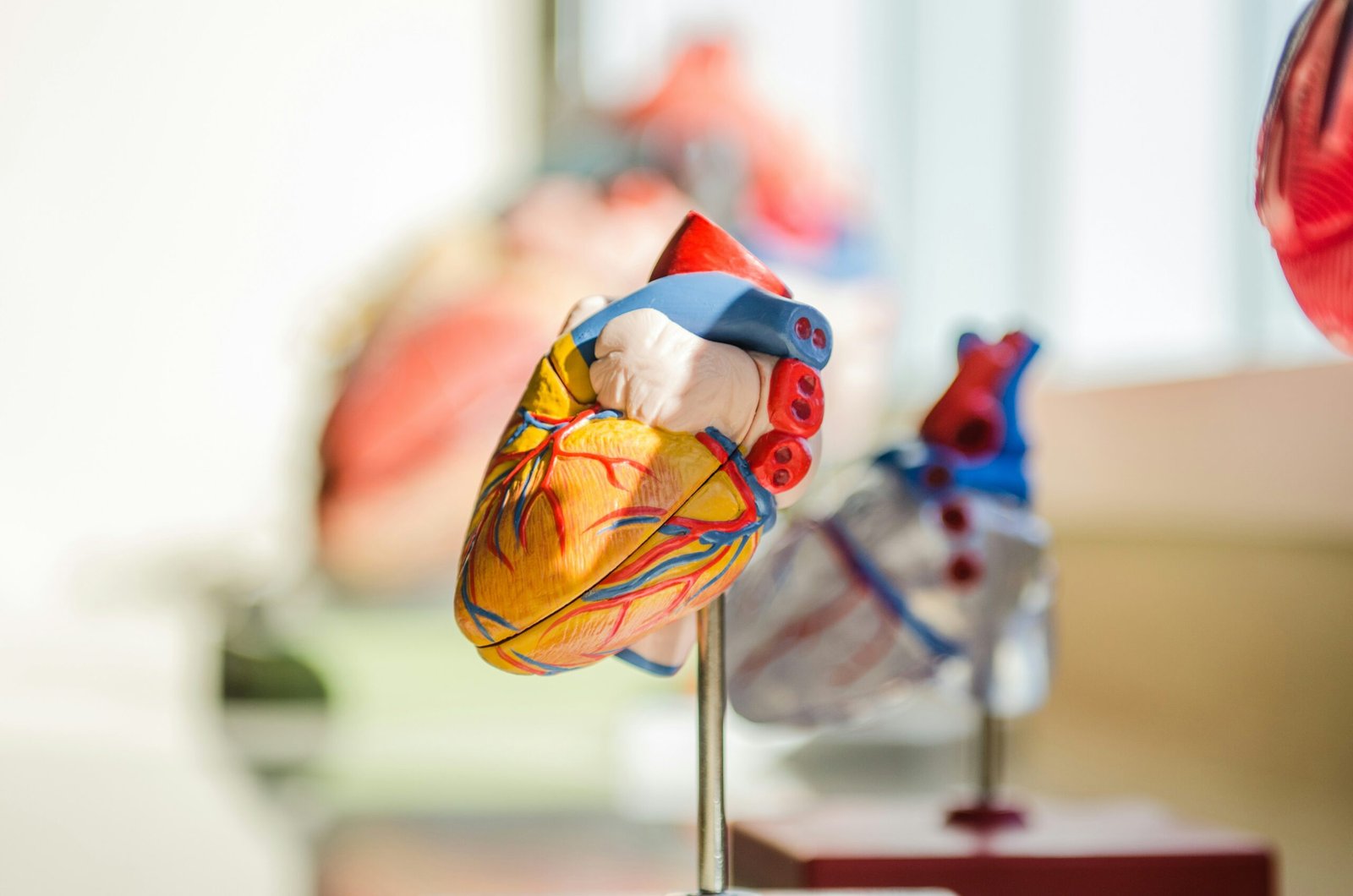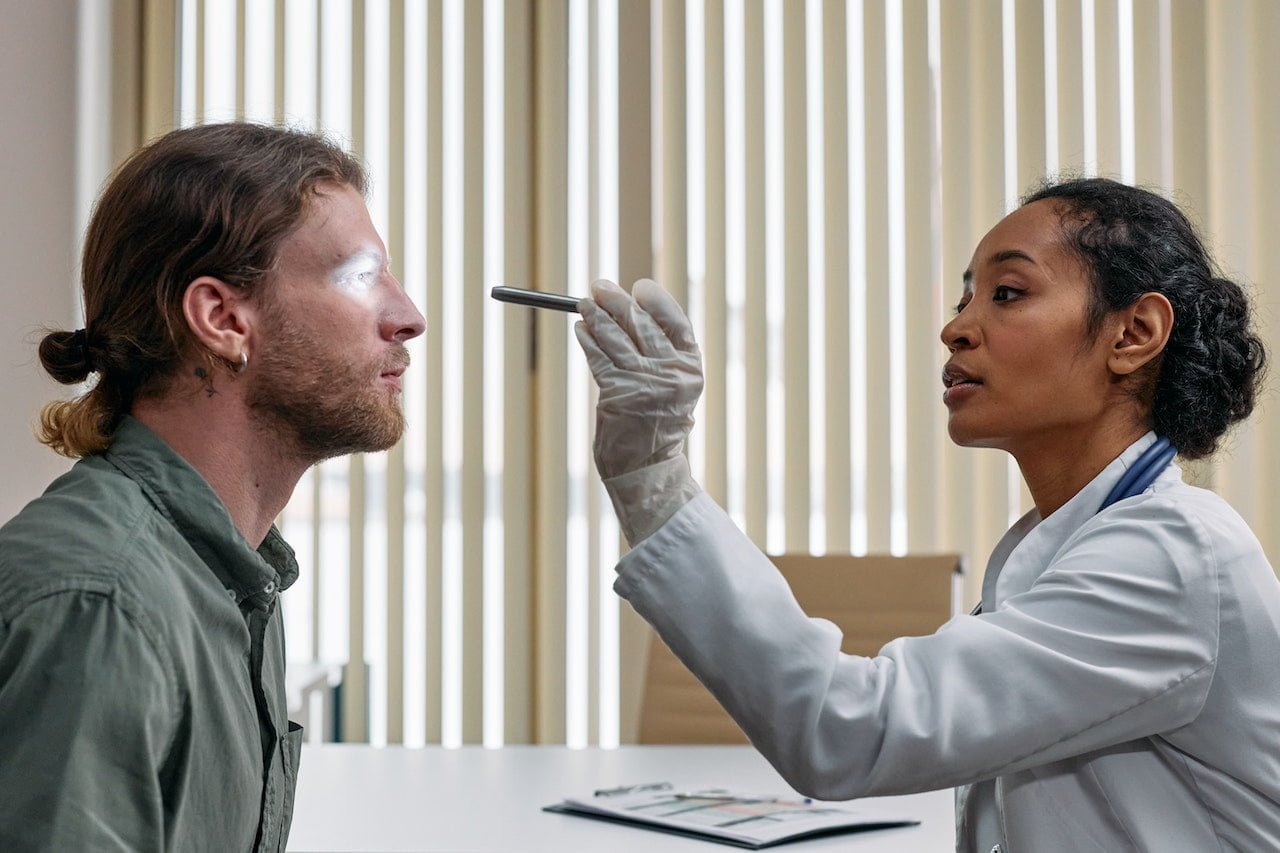Introduction to Medical Doctor Courses in Tanzania
Embarking on a journey to become a medical doctor in Tanzania is both a noble and rewarding pursuit. The country boasts several reputable institutions offering medical courses designed to equip students with the necessary skills and knowledge. This guide delves into the qualifications required, prominent colleges providing the courses, and essential medical devices needed for a successful medical career.
Qualifications Needed to Study Medicine
To enroll in medical doctor courses in Tanzania, prospective students must meet specific academic qualifications. Generally, candidates should have completed their Advanced Certificate of Secondary Education Examination (ACSEE).
Done science subjects Biology, Chemistry, and Physics. Attained 6 points.
Top Colleges Offering Medical Courses
Tanzania is home to several esteemed institutions offering medical doctor courses. The Muhimbili University of Health and Allied Sciences (MUHAS) is one of the leading universities, known for its comprehensive curriculum and state-of-the-art facilities. Other notable institutions include the Kilimanjaro Christian Medical University College (KCMUCo) and the Catholic University of Health and Allied Sciences (CUHAS). These colleges provide a blend of theoretical knowledge and hands-on clinical experience.
Essential Medical Devices for Training
Medical training in Tanzania requires access to various medical devices that are crucial for practical learning and patient care. Some of the essential devices include stethoscopes, sphygmomanometers, thermometers, and diagnostic sets. Advanced training may also involve the use of ultrasound machines, ECG monitors, and laboratory equipment. Having access to these devices ensures that students are well-prepared for real-world medical scenarios.
Conclusion
Pursuing a medical doctor course in Tanzania is a significant commitment that promises a fulfilling career in healthcare. By meeting the necessary qualifications, attending reputable colleges, and utilizing essential medical devices, aspiring doctors can look forward to making a positive impact in the medical field. Whether you are a prospective student or a parent, understanding these aspects will help in making informed decisions about medical education in Tanzania.


